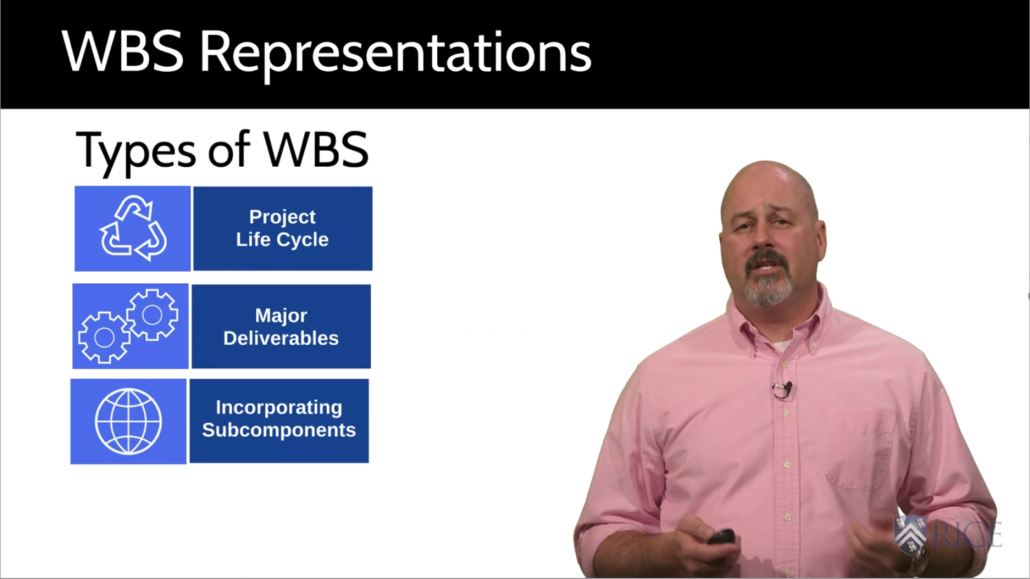Part of the Engineering Project Management Specialization.
Scope, time, and cost management are at the heart of successful project management. This course will give you the tools to develop a project scope, schedule and budget and then status them to predict project performance. Throughout the course, you will learn about change management and techniques to implement it.
By the end of this course you will be able to:
- Create a requirements document
- Create a Project Scope Statement
- Identify ways to control the scope of the project
- Decompose the work and develop work packages
- Create a Work Breakdown Structure
- Develop a Critical Path Schedule
- Review types of cost estimates and identify whether they are “top down or bottom up”
- Review budgets, contingencies and reserves
- Calculate planned and earned values to compare with actual cost
- Perform a cost and schedule analysis
Each week you will prepare a key deliverable for the project plan based on a provided Case Study. These deliverables include:
- Project Scope Statement
- Project Work Breakdown Structure (WBS) and WBS dictionary
- Critical Path schedule sequence diagram
- Bar Chart Schedule (Gantt Chart)
- Project Cost Estimate
- Project Status using an Earned Value Calculation
All of this will position you to set up a plan to control your next assignment or your next project whether this is as the project manager or as an area leader.
Rice Center for Engineering Leadership is a Registered Education Provider through the Project Management Institute (PMI)®. Learners who complete this course on the Certificate track will be awarded 14 hours of Profession Development Units. These are recognized by PMI for continuing education or can be applied toward the 35 hours of education required for the Project Management Professional (PMP)® certification.
PMI and PMP are registered marks of the Project Management Institute, Inc.
LECTURE SAMPLES
CONTACT
Any questions? Please e-mail RiceOnline@rice.edu
CONTACT
Any questions? Please e-mail RiceOnline@rice.edu

